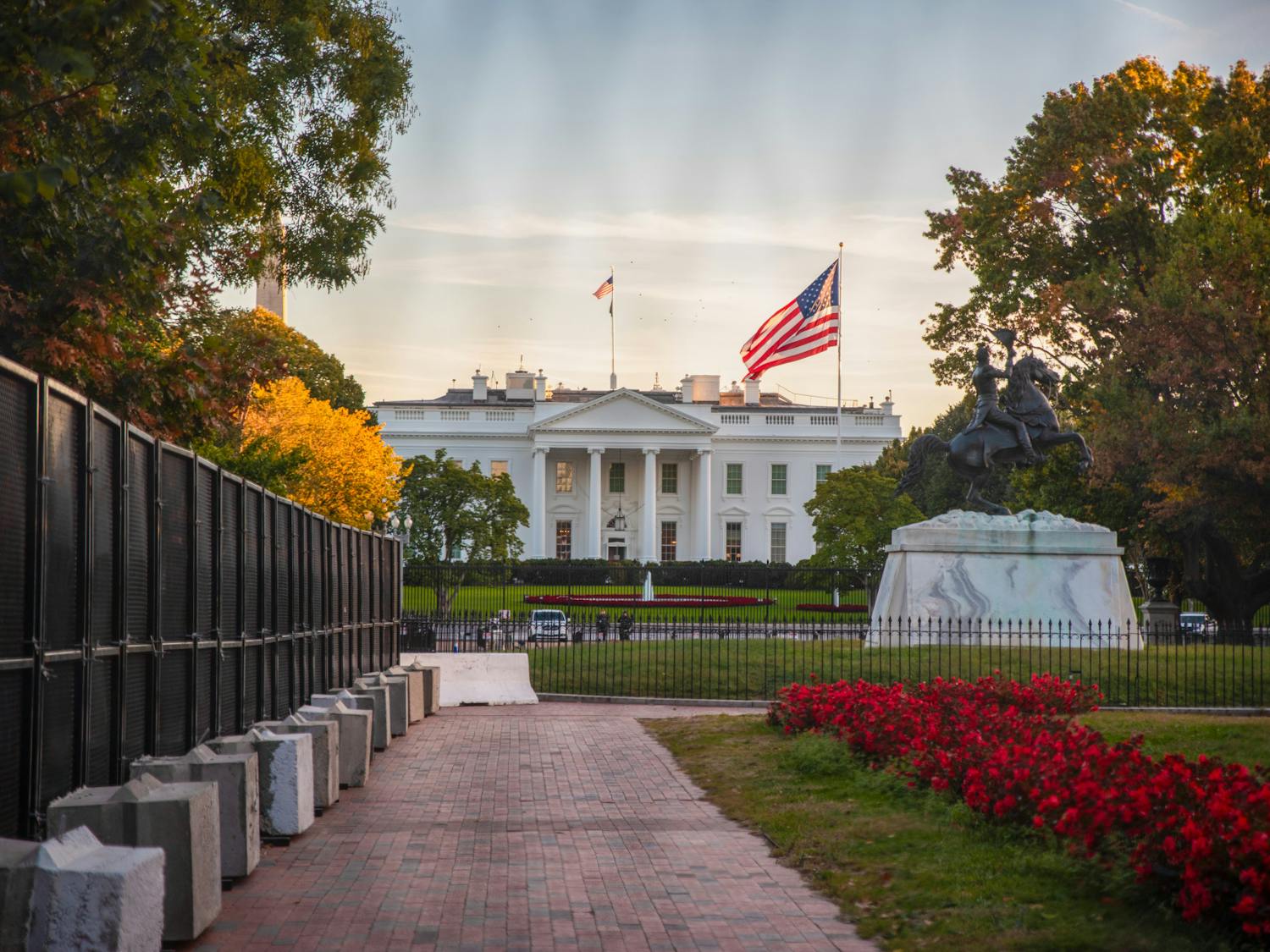Analysis of the the past four Ivy League championship teams elucidates a striking trend -- the past four teams to win the Ancient Eight all returned the most defensive starters from the season before. The 1995 edition of the Princeton Tigers' defense featured 11 players that had started games on the defensive side of the ball in '94. The result was an Ivy League championship for Old Nassau, as Princeton finished atop the Ivy standings at 5-1-1. When Dartmouth returned a league-high nine defensive starters in 1996 -- including the dominant tandem of linebacker Zack Walz and cornerback Lloyd Lee -- it wasn't a surprise that the Big Green went on to win the Ivies undefeated, allowing a league-low 10.9 points per game. Last season, Harvard won its first Ivy League title in 11 years, dominating the conference with a perfect 7-0 record. The Crimson defense sparked the turnaround, returning all 11 defensive starters from its 2-5 1996 season. Harvard, which allowed 16.4 points per game in 1996, surrendered opposing Ivy offenses a feeble 6.42 points in its championship season -- the fewest since defensive tackle Barry Brink and Dartmouth's Big Green wall defense allowed just 4.00 points per game in 1970. "I don't think its any different, anywhere," Harvard coach Tim Murphy said. "In any conference, in any league, you have to have top defensive starters coming back." Au contraire, coach Murphy; while the premise makes sense, evidence shows otherwise. This trend of returning defensive starters as the cornerstone on which championship seasons are built does not exist in many other conferences. Out of a sample set of four college football conferences -- the Ivy League, Big 10, ACC, and Big East -- the Ivy League was the only one where more than two of its past four champions had returned the most defensive starters. So, could this imply the past four years of Ivy football is a statistical abberation? It's possible. But probably not. There are intrinsic differences in Ivy League football regulations that differentiates it from the rest of the Division I game. Rules forbidding scholarships and locking in nine of 10 games against Ivy and Patriot League teams deter the nation's top recruits from landing at Ivy League schools. Since the nation's top high school football prospects choose to play elsewhere, the Ivy League doesn't have freshmen with dominant, raw talent. Even players emerging as Ivy League superstars didn't come in as dominant freshmen. Former Penn linebacker Mitch Marrow, an Ivy League superstar and a National Football League third-round draft pick, could not control the game as a frosh in 1994 -- totaling just two tackles in a full season. Also, Ivy League teams have greater parity in talent pool. Without scholarships and marquee coaches, the difference between playing football for a top team like Penn or a perennial cellar-dweller like Columbia does not carry the same weight as whether one plays for Michigan or Indiana in the Big 10 (or between Miami and Rutgers in the Big East). With teams starting at levels closer to one another, incoming talent level matters less -- making experience worth more. Further, it is returning defensive starters that matter as opposed to the offense, because defensive prowess is more a team effort while offensive explosions are sometimes built on a few, key skill players. Each of the past four years, defensive experience has made the difference in crunchtime. Ivy coaches know this is the side of the ball to build around. "In my first year, when I finished last in the Ivy League in defense, I knew that we'd have to build our offense first and our defense second," said Murphy last season after his defense shut down Penn, 33-0 So, what does this mean for the Ivy League this season? Columbia returns nine on defense, the most in the Ivies. Dartmouth returns the fewest, five. Will the Lions win the Ivies? Will Dartmouth go winless? Probably not with either scenario. The Lions' defense couldn't stop anybody last year. And the Big Green is bringing back some players from a potent 6-1 team last season. But Columbia will be much improved from last year. And the Big Green will take a big step down. The Lions may cross the .500 mark; Dartmouth will likely drop below. For a team to win in any level, it must have talent on both sides of the ball. In the Ivies, however, experience on defense is the difference between a good team and one that goes over the top.
The Daily Pennsylvanian is an independent, student-run newspaper. Please consider making a donation to support the coverage that shapes the University. Your generosity ensures a future of strong journalism at Penn.
Donate







